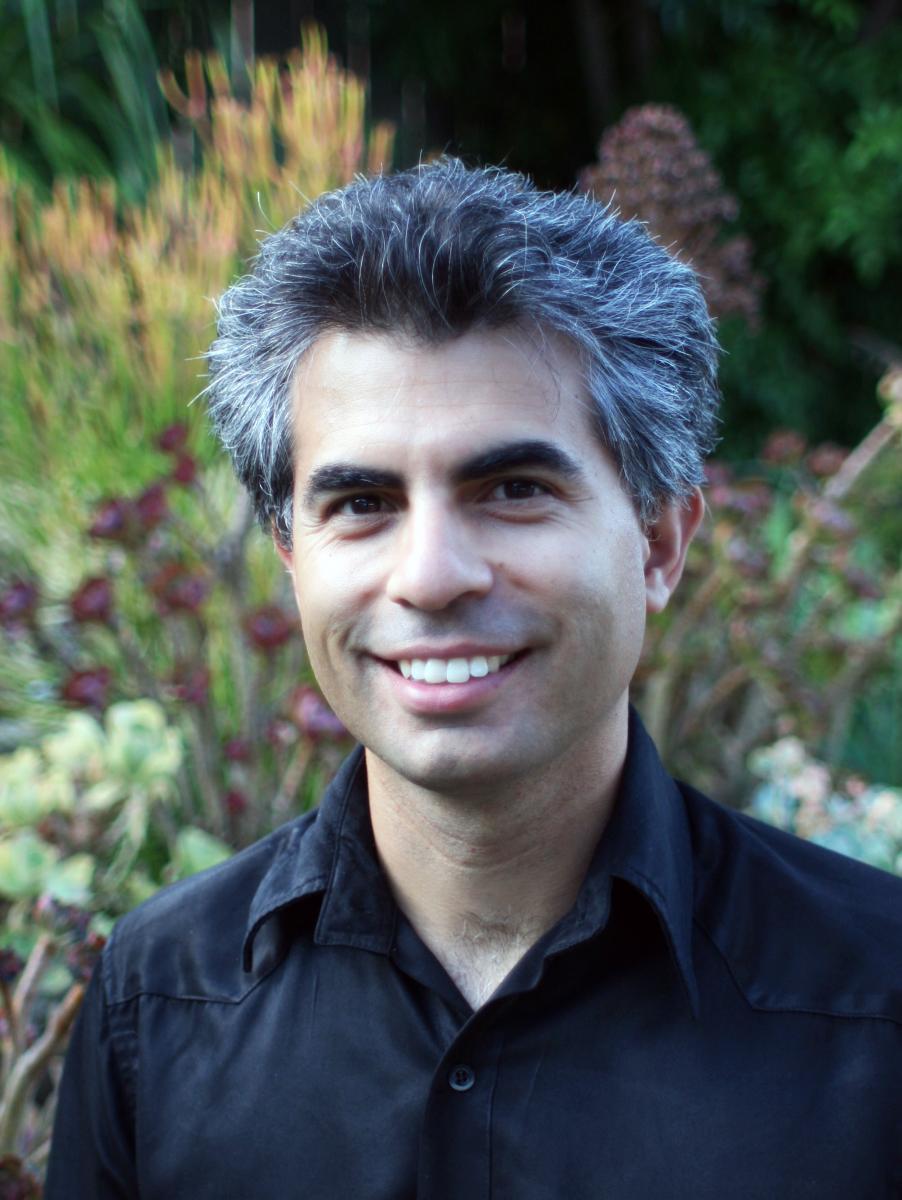Carlos Paz-Soldan Joins APAM as Associate Professor
 Associate Professor Carlos Paz-Soldan joined the Columbia University’s Department of Applied Physics and Applied Mathematics on January 1, 2021. Paz-Soldan’s research focuses on understanding and controlling high-temperature ionized gas, known as plasma, to achieve efficient and reliable operation of devices used to produce fusion energy. These devices confine plasma using some of the world’s most powerful superconducting magnets. Professor Paz-Soldan is a pioneer in the understanding how three-dimensional magnetic fields influence the interactions between the high-temperature fusion core of the plasma and the cooler edge and how the excitation of plasma instabilities can control relativistic electrons produced by transient events within the plasma.
Associate Professor Carlos Paz-Soldan joined the Columbia University’s Department of Applied Physics and Applied Mathematics on January 1, 2021. Paz-Soldan’s research focuses on understanding and controlling high-temperature ionized gas, known as plasma, to achieve efficient and reliable operation of devices used to produce fusion energy. These devices confine plasma using some of the world’s most powerful superconducting magnets. Professor Paz-Soldan is a pioneer in the understanding how three-dimensional magnetic fields influence the interactions between the high-temperature fusion core of the plasma and the cooler edge and how the excitation of plasma instabilities can control relativistic electrons produced by transient events within the plasma.
Before joining Columbia, Paz-Soldan was a scientist at the DIII-D National Fusion Facility operated by General Atomics in San Diego, CA, where he was leader of the Edge Localized Mode (ELM) Control Research Area. He graduated from Queen’s University at Kingston, Canada with his B.Sc.E. degree in Engineering Physics. He received his Ph.D. in physics from the University of Wisconsin - Madison in 2012 where he was awarded graduate fellowships from the American Nuclear Society and the Canadian National Science and Engineering Research Council. Paz-Soldan was awarded the Marshall N. Rosenbluth Outstanding Doctoral Dissertation Award by the American Physical Society in 2013 for the thesis Stabilization of the Resistive Wall Mode and Error Field Modification by a Rotating Wall. He serves as an expert in several International Tokamak Physics Activity research areas and served as national leader of the MHD Plasma Physics topical group of the U.S. Burning Plasma Organization from 2019-2020.
Professor Carlos Paz-Soldan brings expertise in the science and technology of making fusion energy a reality on earth. As a new member of the faculty, Paz-Soldan plans to conduct on-campus research at Columbia University’s Plasma Laboratory, continue his activities at the large national fusion research facilities, and grow his research activities with an increased emphasis on training and mentorship of the next generation of fusion scientists.
